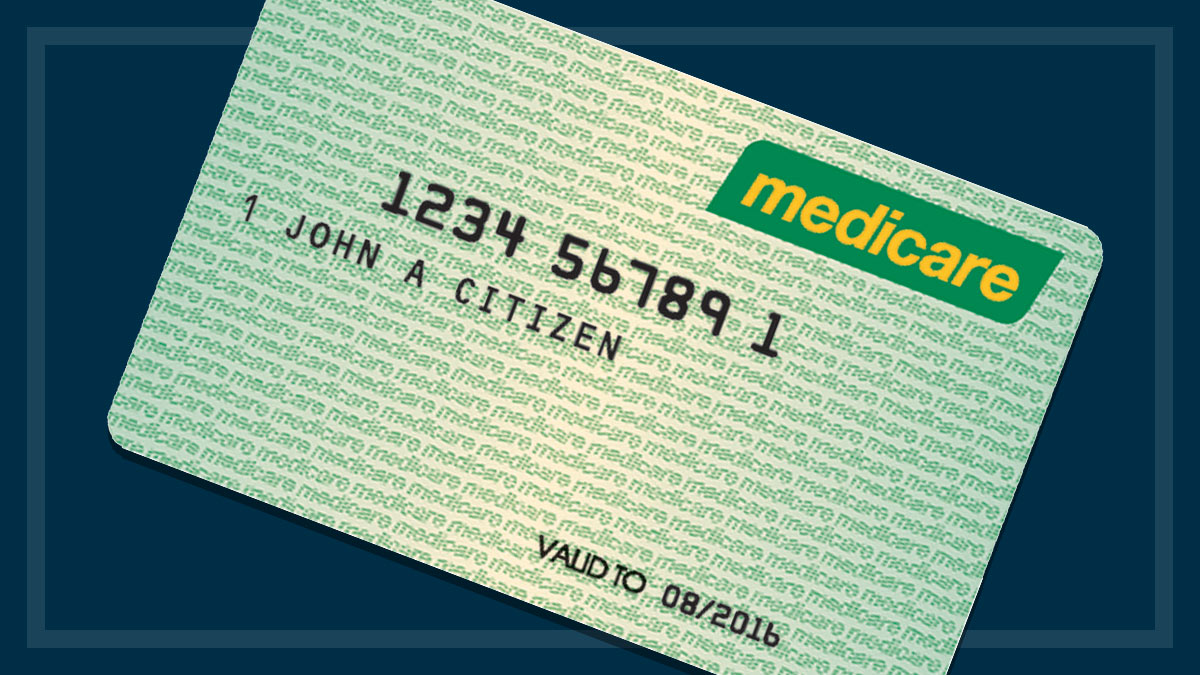Your guide to choosing a good GP
A positive ongoing relationship with your GP is priceless - so shop around.
Last updated: 28 Feb 2014
A good GP can be one of the most important people in your life, particularly if you have a chronic condition or develop a serious illness. A positive ongoing relationship with your GP is priceless, so it’s important to choose the right one.
On this page:
The best doctors do more than just diagnose – they co-ordinate your complete healthcare, sending you for the right tests and to the right specialists. They’ll help you stay healthier and limit unnecessary hospital visits.
If your current doctor isn’t up to scratch, or you’re moving house, now’s the time to shop around.
To find a new GP you can:
- ask your current doctor for advice
- ask your family, friends and neighbours for recommendations
- ask a local pharmacist or other medical professionals who have dealings with doctors in the area.
Ring your local Division of General Practice or contact the Australian General Practice Group (AGPG) and ask for a list of the doctors practising in your area. Some divisions can even provide additional information about the doctors – like interests and expertise, or languages spoken.
Professional associations such as the Australian Medical Association (AMA) and the Royal Australian College of General Practitioners (RACGP) may also be able to help.
See useful contacts below for details.
Things to keep in mind
Once you’ve narrowed down a list of possible doctors, visit their practices and consider the following:
Location
Can you get there easily? You might find it more convenient to see a GP closer to your workplace, rather than one near home.
Opening hours
Extended hours are an advantage if you have a chronic condition that tends to flare up at odd times, or if it’s hard to get away from work during business hours.
Medical centres tend to be open longer hours than traditional surgeries, but you won’t always get to see the same doctor every time unless you book in advance.
If you need a prescription or some other medical attention outside your regular doctor’s surgery hours, you might find it convenient to drop into a 24-hour medical centre and see a different GP. If you do this, you should tell your regular doctor about the visit and any medication that was prescribed. Continuity of care is important for good health, particularly if you have a chronic condition.
Home visits
Does the practice offer this service?
Languages spoken
If English isn’t your first language, it’s worth looking for a practice with professionals that speak your language.
Male or female GPs
If you’d prefer a male or female doctor, check that the practice offers the choice. A 2005 study found older GPs (aged 65 plus) and female GPs generally provide longer consultations.
Premises
Are the rooms clean and tidy? If you’re the family type, are there toys and an area where your kids can play while they wait?
Information
Posters and brochures in the waiting room are a plus – they show the practice is aware of the importance of public health education. Look out for a practice information sheet that provides information on thing like fees, appointments, home visits, and repeat prescriptions.
Specialities
Do any of the doctors have extra qualifications or areas of expertise that might be of benefit to you? A doctor with a diploma in obstetrics or paediatrics can be useful if you have or are planning to have kids, for example.
Accreditation
There are agencies (Australian General Practice Accreditation – AGPAL – and General Practice Australia – GPA, for example) that independently rate the quality of general practices and award accreditation to practices that meet a benchmark quality standard. Ask the practice if it’s accredited, or look for an accreditation certificate or logo on display.
Billing
Ask how you’ll be billed when you make an appointment:
- you may be able to get a discount if you pay upfront;
- it may cost more to have an appointment on a Sunday; or
- the practice may bulk-bill.
Decision time
Once you’ve made a choice, take the plunge and go in for a consultation. There’s no obligation to go back to that doctor if you’re not satisfied. Your final choice should be a GP that makes you feel comfortable, and one whose knowledge and judgment you trust.
Medical records and eHealth
Keeping track of your records
When you move practice your medical records should follow you. You can either authorise your old practice to provide a copy or summary of your health information to your new GP, or ask your new GP to request the information for you.
If the practice you usually go to closes down, or if your GP leaves the practice or dies, things aren’t so simple.
In general, there’s very little regulation about what happens to your medical records in these situations, and it varies in each state and territory. In Victoria, for example, the law stipulates that patients must be provided with written notice about what’s going to happen to their records, where practical, and a notice must also be placed in a local newspaper. Similar laws exist in the ACT, but in other states you may not be given that consideration.
Storage of records
Any medical records that aren’t transferred or claimed may have been stored securely under a third party’s supervision.
Several states have laws that specify how long records must be kept before they can be destroyed. So if you don’t get a chance to claim your records before the practice closes, you might be able to track them down after the fact. But if you’re not informed of their whereabouts or you happen to miss the notice in the paper, there’s not a lot you can do. And it’s not just an issue of privacy. At best it’s also an inconvenience; at worst, a health risk.
There are professional guidelines for the management of health information, including the retention of medical records in GP practices, but we think they should be made into laws.
eHealth
The Federal Government’s vision is a national, cradle-to-grave, electronic health record for all Australians. Your eHealth record should ideally hold your complete medical history – from diagnosis details and treatments, to all contacts you’ve had with the health system.
In theory, this appears to be a sensible move. eHealth records can help prevent unnecessary or inappropriate treatment, and provide protection against potential adverse drug interactions and allergies. They also mean you won’t have to explain complex medical histories whenever you see a new medico.
In practice, though, there are several unresolved privacy issues. It’s currently unclear where and how your information will be stored, and who’ll have access to the records.
And things are complicated more by the current complex plan for state and territory to implement and manage eHealth independently.
We want all consumer concerns to be addressed before this eHealth vision becomes a reality.
Bulk-billing
Consultation costs
If you’re a budget-conscious patient, bulk-billing is great. You pay nothing upfront, and you don’t have to go to the trouble of claiming fees back from Medicare. The problem is that it’s not always available.
Medicare says around 75 per cent of all GP services are bulk-billed. But although practices often bulk-bill concession cardholders, many charge other patients privately.
The AMA says many GPs can no longer afford to bulk-bill all their patients because of the gap between Medicare’s rebate and the cost of the scheduled fee. The estimated cost of providing a standard (Level B) consultation is $55 but the rebate is just $31.45.
Length of consultation
GPS say higher fees help them spend more time with each patient. Longer consultations are usually associated with benefits like higher patient satisfaction and an increased likelihood of preventive care.
And there’s a concern that where practices do mainly bulk-bill, GPs may find themselves under pressure to see more patients more quickly to remain viable. However, in reality there’s no published evidence suggesting you’ll receive a shorter consultation if you’re bulk-billed than if you’re privately billed.
A 2003 report to the Federal Government proposed a change to this MBS structure, but there’s been no action on this to date. Apart from some additional incentives to bulk-bill specific groups, including Commonwealth concession cardholders and children under 16, the situation remains the same.
We think everyone should have access to bulk-billing services, and want disincentives that affect bulk-billing GPs to be removed.Finding a GP
To find contact details for your local Division of General Practice, or the AMA or RACGP in your state or territory, visit:
Making a complaint
If you have a complaint about some aspect of your healthcare (the clinical treatment you’ve received or your doctor’s conduct, for example), it’s a good idea to first discuss your concerns with your doctor or another doctor in the practice. But if this doesn’t resolve your problem, you have several options.
You can complain to:
- the independent health services commission/ombudsman in your state or territory,
- the relevant Medical Board in your state or territory, or
- your local branch of the AMA or other professional association of which your doctor is a member, where applicable.
For contact details for these bodies in each state and territory, visit www.complaintline.com.au.
Related
Karina worked at CHOICE from 2000 to 2018, and continues to contribute as a freelancer, mostly on health and lifestyle matters.
You can find me on LinkedIn.
Karina worked at CHOICE from 2000 to 2018, and continues to contribute as a freelancer, mostly on health and lifestyle matters.
You can find me on LinkedIn.




